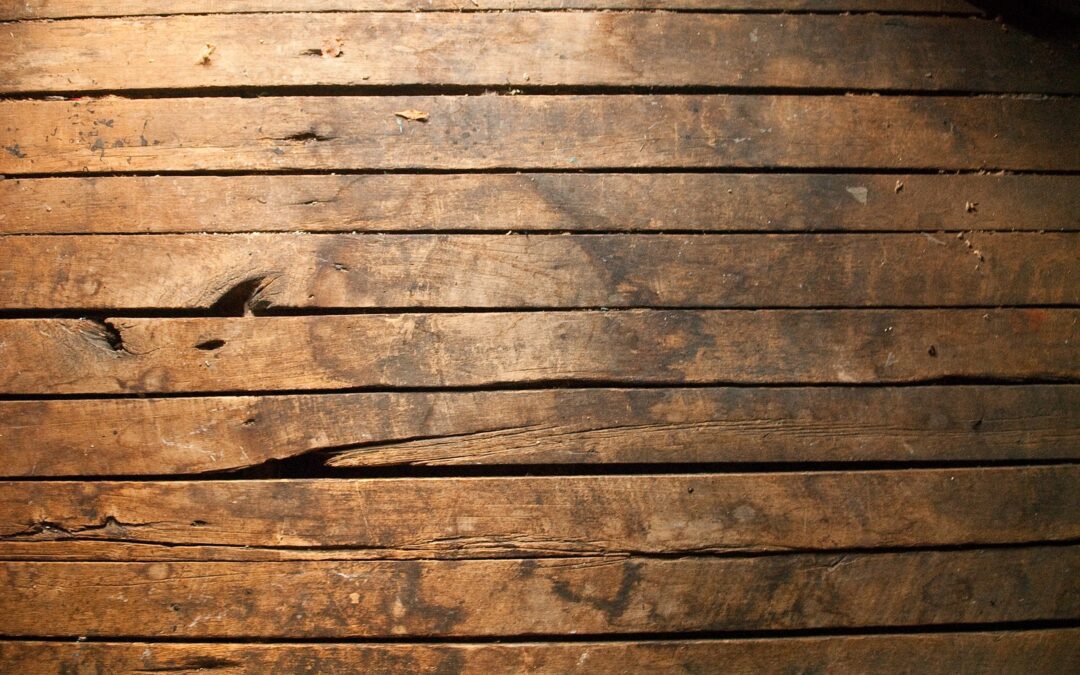According to the National Association of Home Builders, the past five years have seen an increase in the number of remodelers engaged in aging-in-place home projects, and in homeowner awareness of these types of projects.
Choosing Flooring for the Long Term
The AARP recommends that homeowners and remodelers consider their home design carefully when building or remodeling a home for aging in place—a key aspect of this is the flooring chosen in the home. When it comes to selecting flooring for the long-term, you’ll want to find an option that holds up for as long as possible, with the least amount of maintenance needed.
There are a lot of great options available, but hardwood flooring has long been a popular choice because of its longevity. Selecting hardwood, however, comes with a few additional considerations.
First Consider Durability
Since your clients are looking for something that will stand up to wear and tear, it’s crucial to consider the flooring’s durability. Dents, scratches and other damage can shorten the lifespan of the floor or require some hefty maintenance.
Always note the wood’s Janka rating. If the floor has a lower Janka rating, it will require more refinishing and renovating over the years. With a high Janka rating, it won’t have to be maintained or repaired as often to hide dents and scratches.
Engineered Hardwood Options
Engineered hardwood not only gives the home an updated appearance, but it’s also more resilient to damage. Whether it’s traffic, moisture or heat, engineered wood is considered by many industry professionals to be superior to solid hardwood.
Engineered wood floors are still real wood, but with the added benefit of layering multiple wood veneers so that each layer’s grain runs in different directions. This adds to the flooring’s stability and gives it unbeatable strength and protection. Engineered wood also expands and contracts less than solid wood (when humidity and temperature fluctuate), reducing the chances of warping or cracking.
Pay Attention to the Finish and Grip
Falls are a huge risk for older homeowners: they’re the number one cause of injury and injury-related deaths among adults aged 65 and over. That’s why it’s crucial to pick the right kind of finish for the flooring, as well. Not only will the finish determine the level of maintenance needed, but it also has an effect on the slippery surface. A slick oil finish, for instance, can increase the risk of slipping and falling.
In order to increase friction and reduce the potential for slipping and sliding, an abrasion finish works well. Ideally, use a 4,000+ Taber abrasion finish in order to prevent slipping and falls.
Lighter Colors Mean Less Maintenance
Remember that light-colored hardwood hides dirt better than darker options. But if a client’s taste dictates a darker finish, try suggesting the lightest shade in the available spectrum—lighter tones will likely mean less time devoted to cleanup and maintenance. Dark hardwood also tends to show more scratches than light hardwoods.
For older homeowners who are remodeling or building their ideal home, longevity and comfort need to play a large role in the design. Researching what options are available will help find the best flooring for aging-in-place clients that can stand the test of time and keep homeowners safe.
Age in place with the right floors
Floors Seniors Should Avoid
First, let’s talk about the floors seniors should avoid. Falling is a real fear for many seniors, especially if they live alone and help is not readily available. Ensuring that the flooring inside seniors’ homes minimizes the risk of falling is a priority.
Area rugs are a big no-no in spaces where seniors walk. Rugs often slide around, easily bunch up, and even the slightest height difference could be challenging for some individuals. Thus, area rugs can be a real tripping hazard, which, of course, should be avoided.
Natural stone is another material that should be avoided. It is very hard and requires regular maintenance, which makes it unforgiving. In addition, polished stone floor is slippery when wet and can be cold under bare feet. Ceramic and porcelain tiles should also be avoided for the same reasons. Although this material requires very little maintenance, wide grout joints or uneven tiles can create a tripping risk.
Contact us
VCH Flooring stands by the promise to do the job right. Our professional installers will perform services consistent with the industry standards to your satisfaction. If you have concerns after the installation, contact us within 60 days and the services with be re-done at no additional cost. Product warranties vary by manufacturer. Because we are a services company and do not manufacture products, we only warranty our services with the DONE RIGHT GUARANTEE. We will disclose the warranties before the work begins as part of our transparency policy to be good neighbors who serve the community with excellence. Email vchflooring@gmail.com
VCH Flooring 1812 Underwood Blvd, Delran, NJ 08075. https://vchflooring.com/contact-us/
856- 393- 1310

